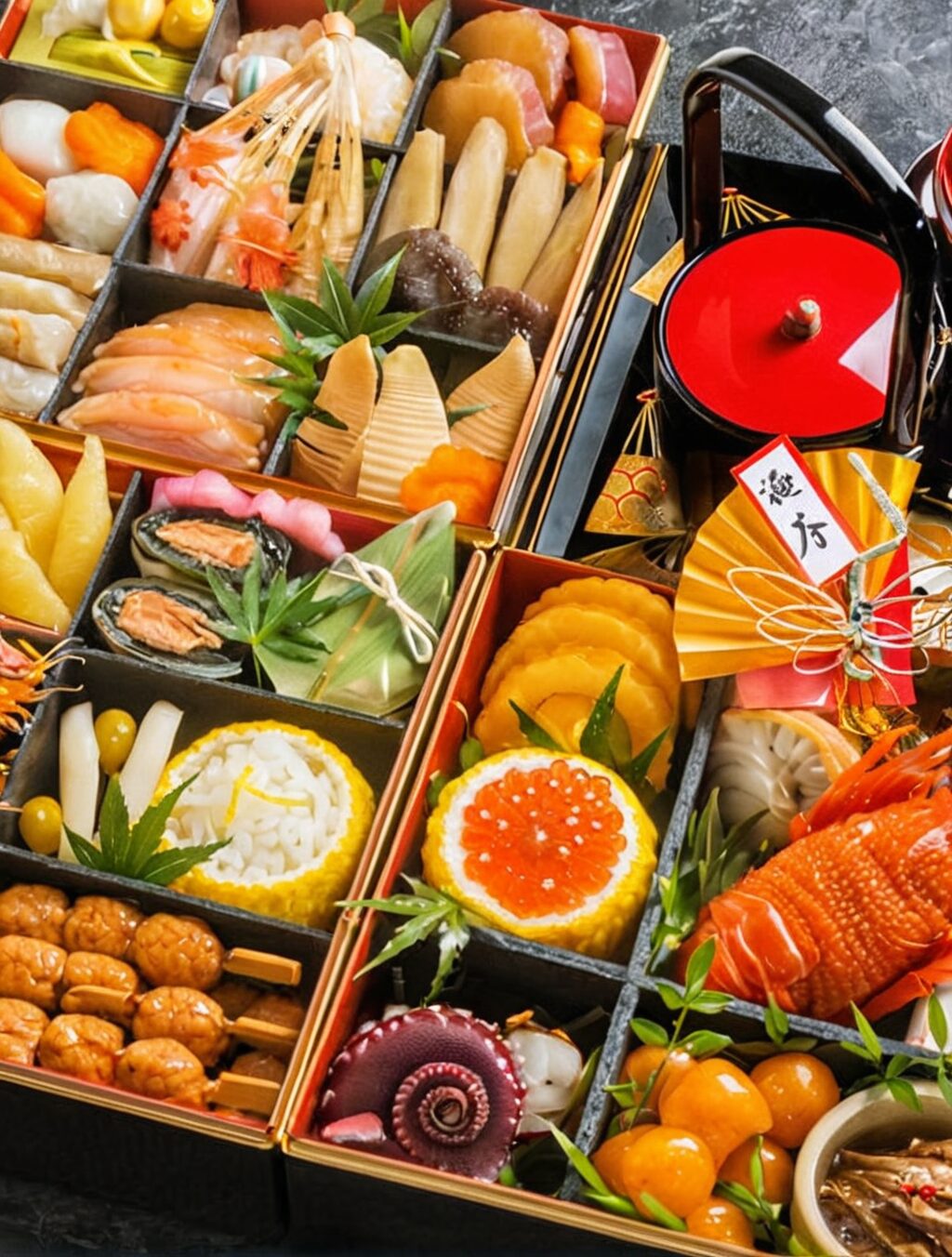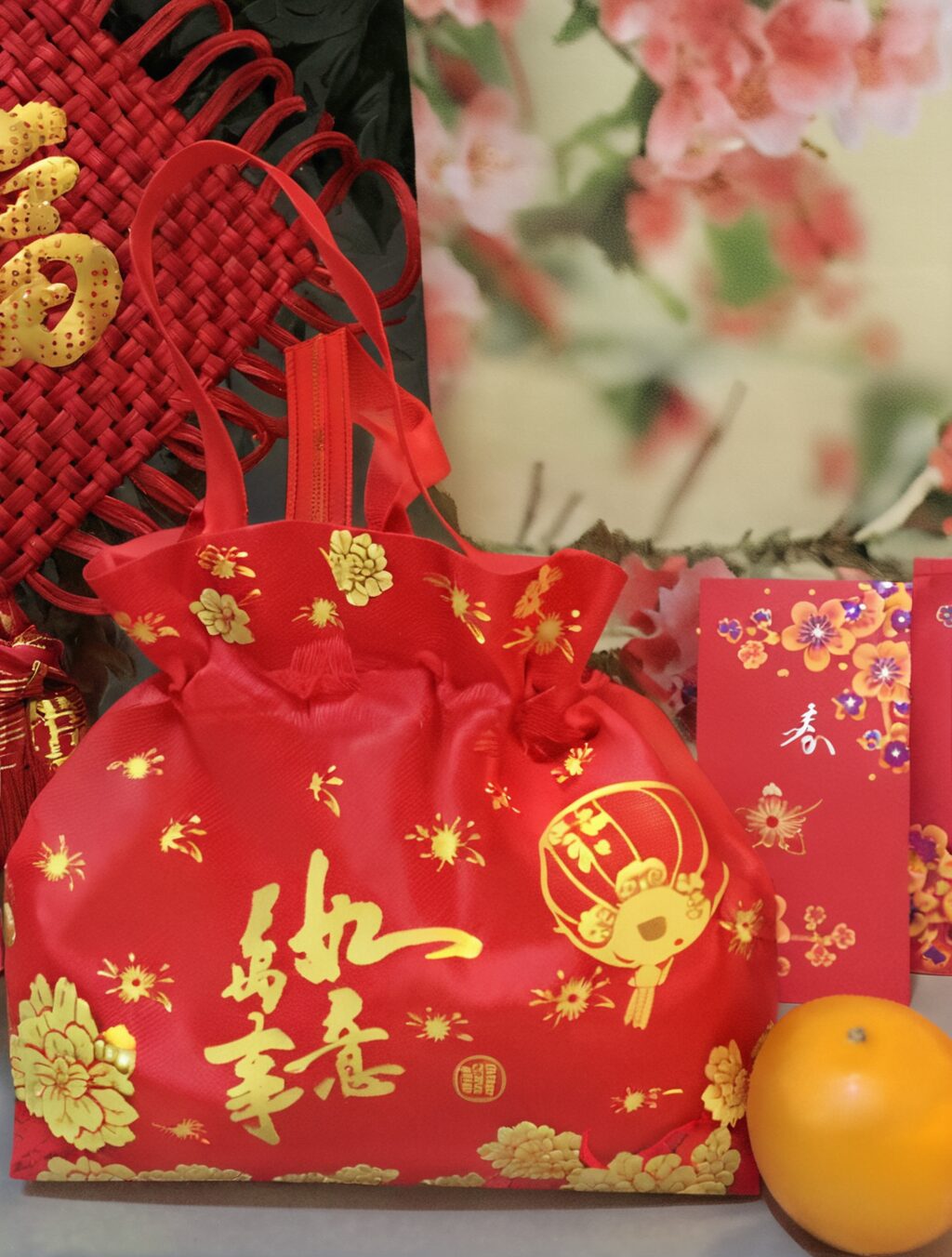
Japanese New Year Gift-Giving Tradition
Wondering what to get your loved ones for the upcoming Japanese New Year? Look no further! Here’s everything you need to know about the Japanese New Year gift-giving tradition, including what to give, how to give it, and what to avoid.
The Significance of Gift-Giving in Japanese Culture
Gift-giving is an essential part of Japanese culture, and it’s especially important during the New Year. Gifts are seen as a way to show appreciation, respect, and well wishes for the coming year.
Types of Japanese New Year Gifts
There are many different types of gifts that you can give for the Japanese New Year, but some of the most popular include:
- Otoshidama (Japanese New Year money gift): Money is one of the most common gifts given during the New Year, especially to children and unmarried adults.
- Osechi (Japanese New Year gift bag): This is a special assortment of foods that is traditionally eaten during the New Year. It typically includes things like fish, vegetables, and mochi.
- Gift cards: Gift cards are a popular choice for people who aren’t sure what to get. They can be used to purchase anything from food to clothing to electronics.
- Practical items: Practical items, such as household goods or kitchen appliances, are also appreciated gifts.
How to Give a Japanese New Year Gift
When giving a Japanese New Year gift, it’s important to follow proper etiquette. Here are a few tips:
- Use both hands: When giving or receiving a gift, always use both hands to show respect.
- Say “Omedeto gozaimasu”: This is a traditional Japanese New Year greeting that means “Happy New Year.” You can say it when you give someone a gift.
- Don’t open the gift in front of the giver: It’s considered rude to open a gift in front of the person who gave it to you.
What to Avoid When Giving Japanese New Year Gifts
There are a few things that you should avoid when giving Japanese New Year gifts. These include:
- Giving sharp objects: Sharp objects, such as knives or scissors, are considered to be bad luck.
- Giving white or black gifts: White and black are associated with mourning, so they should be avoided when giving gifts.
- Giving used gifts: Used gifts are considered to be失礼 (失礼, impolite).
FAQs
Q: What is the most popular Japanese New Year gift?
A: Money is the most popular Japanese New Year gift, especially for children and unmarried adults.
Q: How much money should I give as an otoshidama?
A: The amount of money you give as an otoshidama will vary depending on the age and relationship of the recipient. However, a general guideline is to give around 1,000 yen to children and 5,000 yen to adults.
Q: What should I do if I don’t know what to give as a Japanese New Year gift?
A: If you’re not sure what to give, you can always give a gift card. Gift cards can be used to purchase anything from food to clothing to electronics.
Conclusion
Giving gifts is an important part of the Japanese New Year tradition. By following the tips in this article, you can give gifts that will be appreciated and enjoyed by your loved ones.
japanese new year gift tradition

10 Unique Japanese New Year Gift Ideas
Looking for the perfect gift to give your loved ones for the upcoming Japanese New Year? Look no further! Here are 10 unique Japanese New Year gift ideas that are sure to be appreciated and enjoyed.
- Osechi Gift Box
Osechi is a traditional Japanese New Year food assortment that is typically eaten during the first three days of the year. It typically includes a variety of dishes, such as fish, vegetables, and mochi. You can purchase osechi gift boxes from most Japanese grocery stores.
- Wagashi Gift Box
Wagashi are traditional Japanese sweets that are often enjoyed during the New Year. They are typically made with natural ingredients, such as rice flour, sugar, and beans. You can purchase wagashi gift boxes from most Japanese grocery stores or specialty shops.
- Sake Gift Set
Sake is a traditional Japanese alcoholic beverage that is often enjoyed during the New Year. You can purchase sake gift sets from most Japanese liquor stores or online retailers.
- Tea Gift Set
Tea is a popular beverage in Japan, and it is often enjoyed during the New Year. You can purchase tea gift sets from most Japanese grocery stores or specialty shops.
- Japanese New Year Decorations
Japanese New Year decorations are a great way to add a festive touch to your home. You can purchase Japanese New Year decorations from most Japanese grocery stores or online retailers.
- Japanese New Year Kimono
A kimono is a traditional Japanese garment that is often worn during the New Year. You can purchase Japanese New Year kimonos from most Japanese department stores or online retailers.
- Japanese New Year Lucky Charms
Japanese New Year lucky charms are believed to bring good luck and fortune in the coming year. You can purchase Japanese New Year lucky charms from most Japanese grocery stores or online retailers.
- Japanese New Year Gift Cards
Japanese New Year gift cards are a great way to let your loved ones choose their own gifts. You can purchase Japanese New Year gift cards from most Japanese grocery stores or online retailers.
- Japanese New Year Money
Money is a traditional Japanese New Year gift, especially for children and unmarried adults. You can purchase Japanese New Year money from most Japanese banks or online retailers.
- Japanese New Year Gift Basket
A Japanese New Year gift basket is a great way to give a variety of gifts in one package. You can purchase Japanese New Year gift baskets from most Japanese grocery stores or online retailers.
No matter what you choose, your loved ones are sure to appreciate the thought and effort you put into their Japanese New Year gift.
japanese new year gift bag






